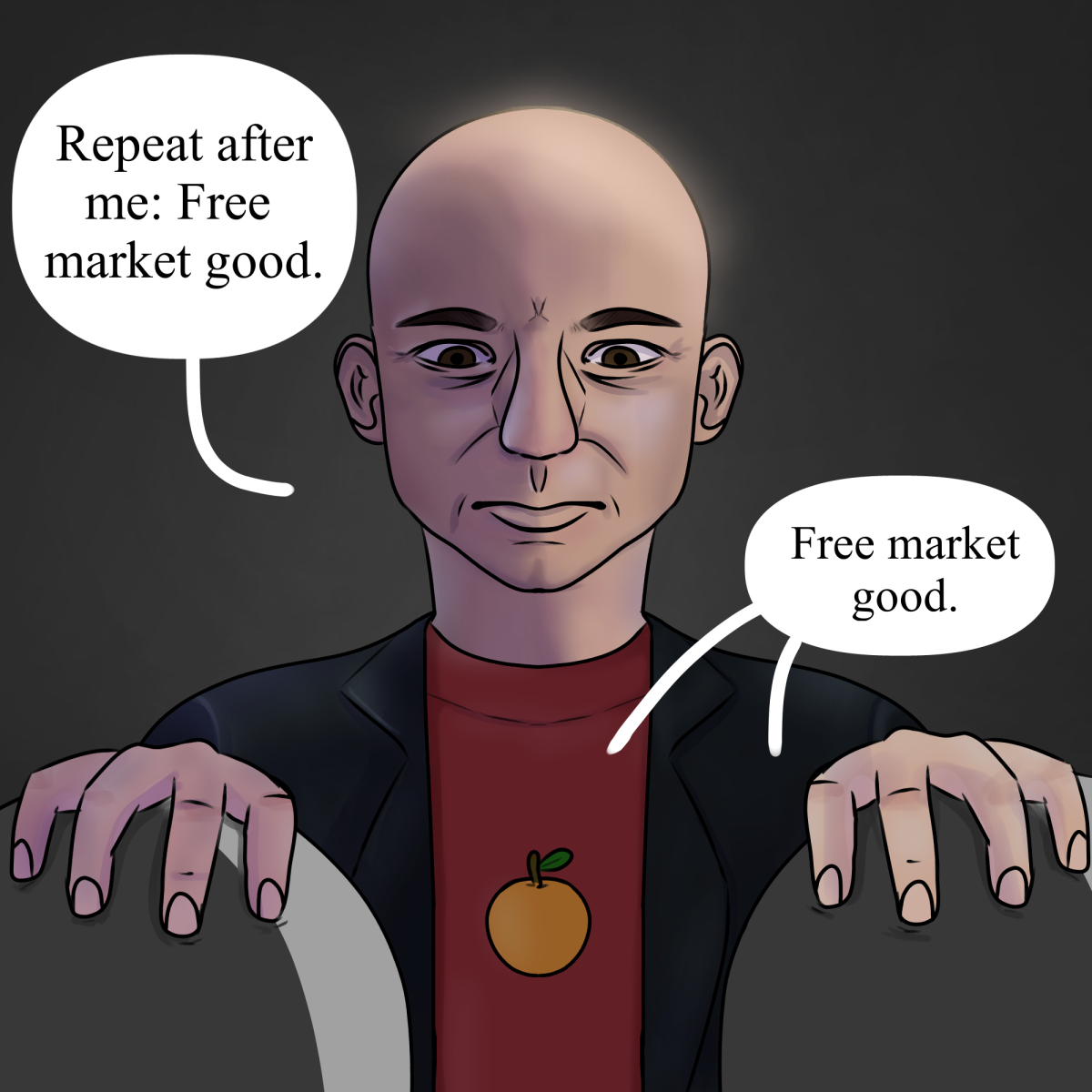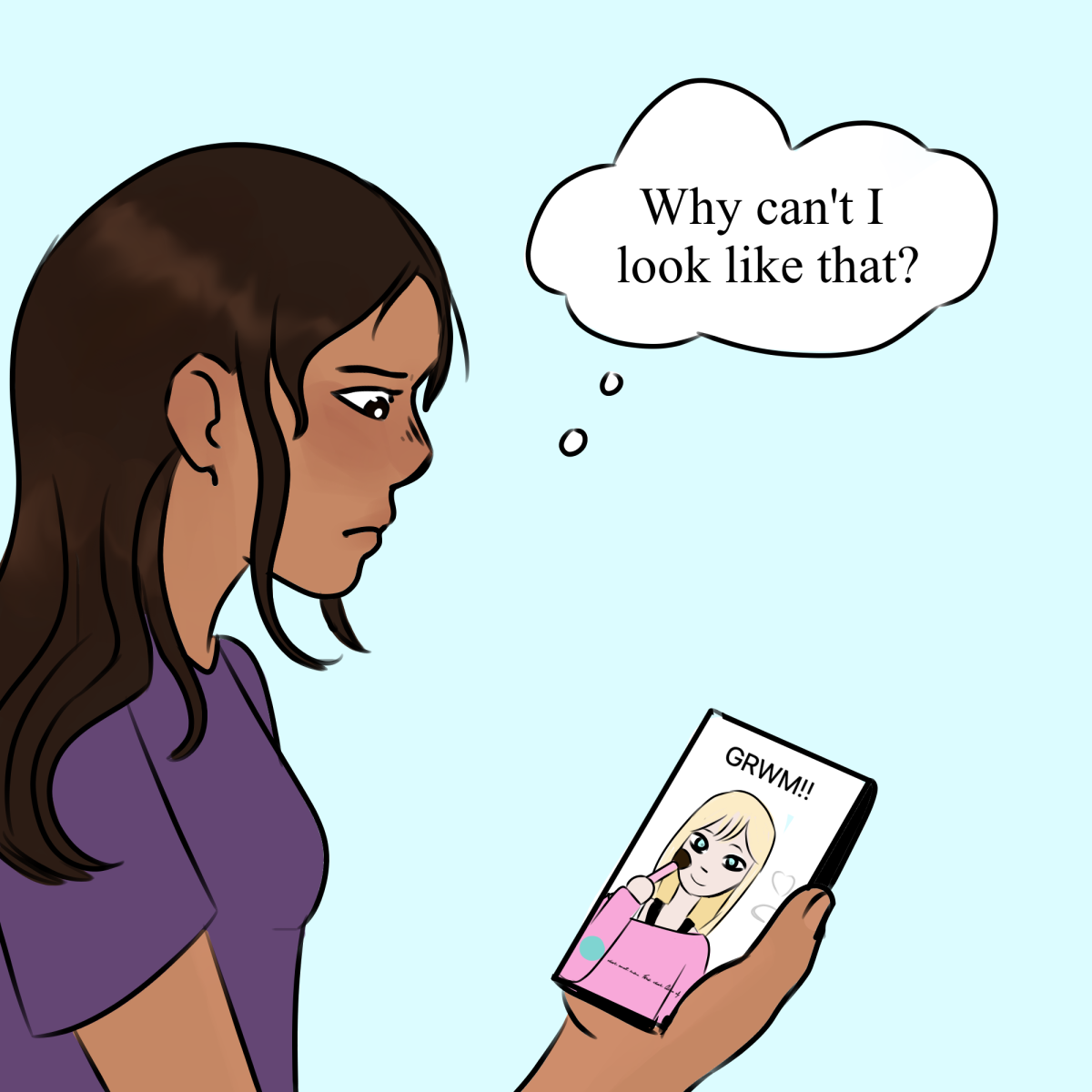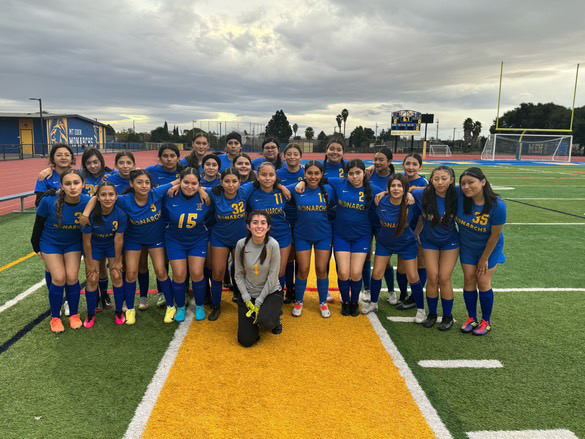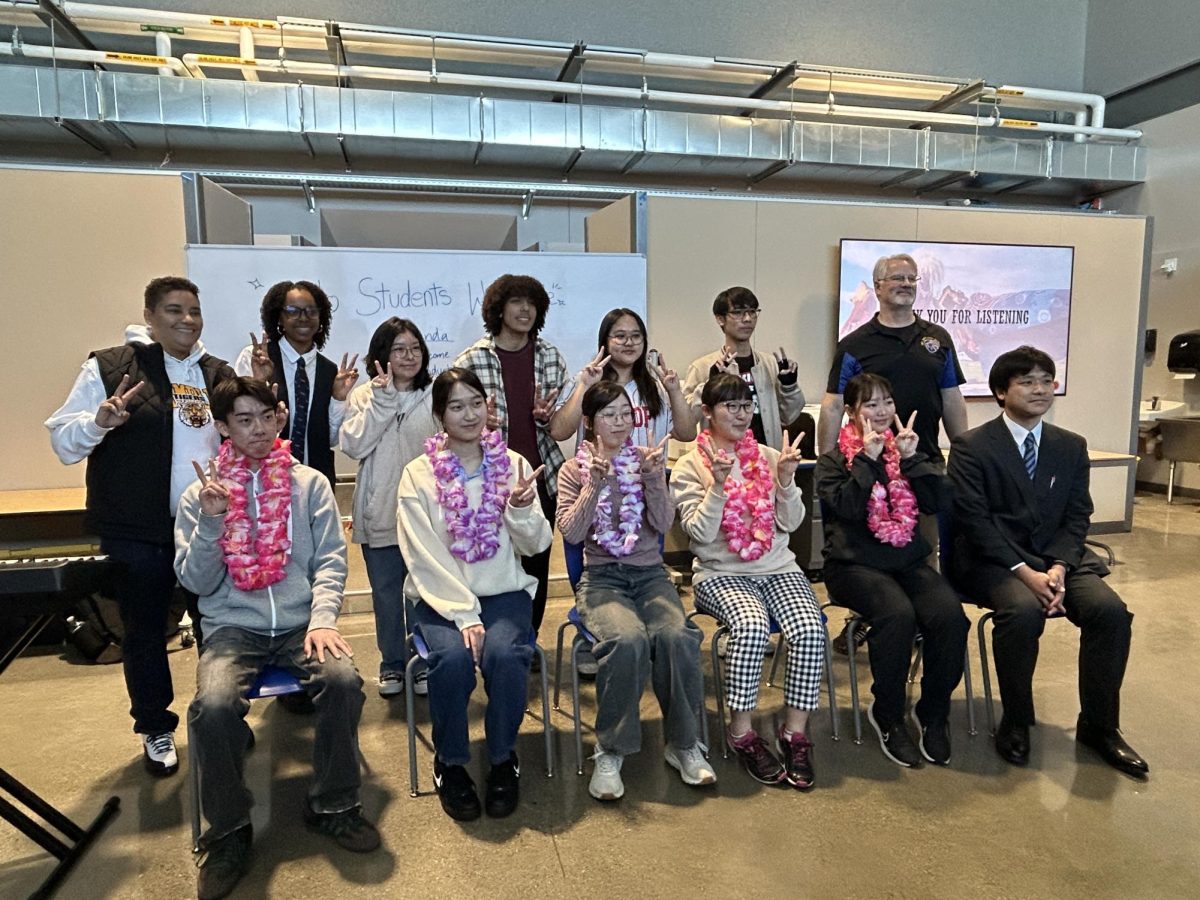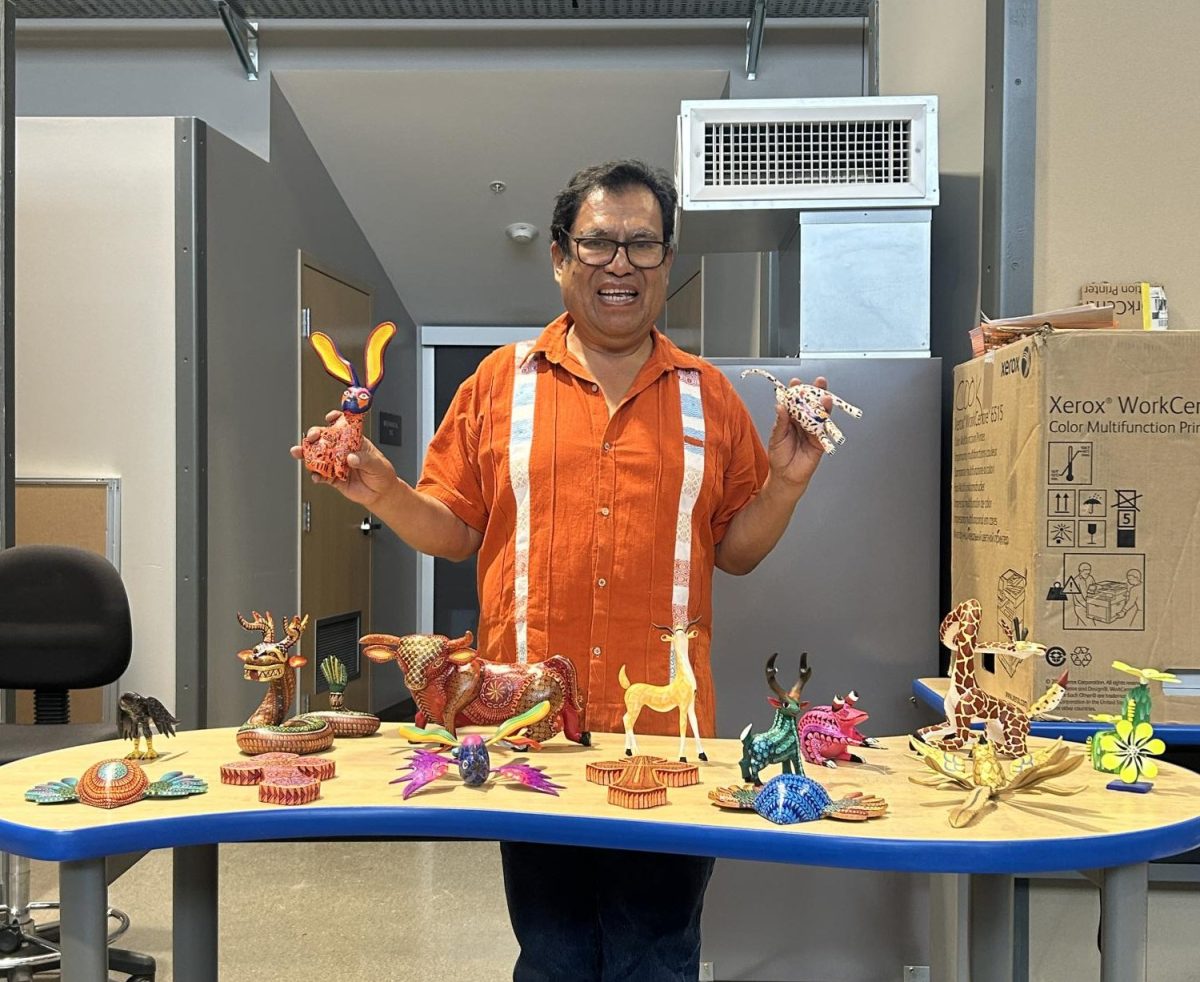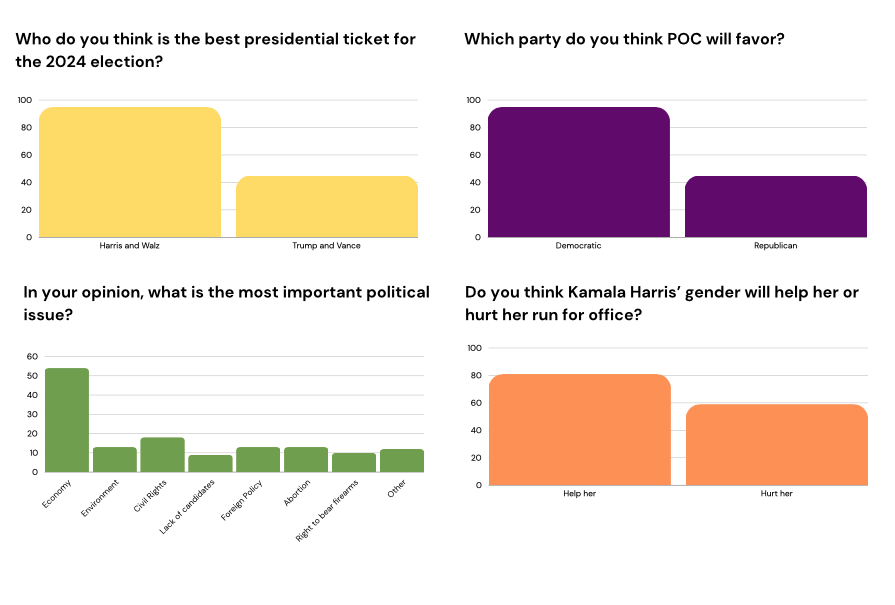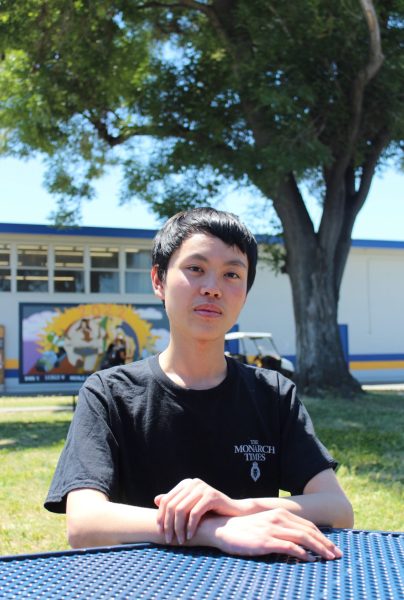Back during Valentine’s week—a long, LONG time ago for certain people like me—you may remember couples, chocolate, and hearts appearing in every store, with you obsessing and worrying about how best to love others, receive love, and love yourself. However, what if there was a way to skip this stress while still receiving and giving love? Popular philosophy tells us that we should open ourselves more to introspection and self-critique, forms of self-appreciation that are often more uncomfortable and emotionally blunt than traditional displays of love.
A famous book “The Courage to be Disliked” by Ichiro Kishimi and Fumitake Koga, two famous psychologists of Adlerian psychology, explains this theory by stating that all problems you face are “interpersonal problems”. In this model, people constantly strive for self-satisfaction by appealing to other’s expectations, doing whatever it takes to please them.
But, as the book argues, each individual has their own set of life “tasks,” tasks that a person does for personal development, that they must do for themselves—which is the basis of Adlerian psychology. Imagine trying to force discipline onto a child or taking responsibility for another person’s emotional state. At the best, you may be left feeling exhausted and internally frustrated since, in the end, you wont receive the results of these tasks and, thus, wont grow as an individual in any way.
This ideology is different from selfishness in that it believes life tasks are a reflection of an individual’s desire to achieve the highest level of themselves, and are thus deeply personal. Of course, being of service or a source of comfort for others is perfectly healthy; it only becomes unhealthy when you attempt to live for another, trying to develop their personality, help them emotionally mature, complete their “tasks” when you still have your own.
Thus, a person’s “tasks” cannot be done by other people, and must be individually developed. For others however, the pursuit of love and self-love comes from “feelings of inferiority,” a familiar feeling that your current self is nothing compared to others around you, the high-achieving, president of so-and-so clubs, full-scholarship individuals you hear of or can’t stop noticing.
It is easy then, for those seeking admiration from themselves or others to misconstrue the meaning of “feeling good about yourself” to “feeling better than others”—choosing to reject criticisms and live within their own comparison system. In this way, this person considers everyone an “enemy,” people who constantly judge him/her and who he/she must beat, further adding to their inferiority and insecurity.
This does not mean your feelings of inferiority are somehow shameful or wrong. At its core, these feelings are really your natural drive to improve yourself, only complicated by the social and environmental standards you live in. The book explains how every person exists on a flat, empty plane with endless space, with many other people moving forward in different directions. Some may be moving faster or slower than others, but this philosophy states that every person has a “best version of themselves” that they are capable of reaching at their own speeds. You, at your own speed, direction, and personality, are enough.
This ideology reflects years of research of comparing self-esteem to academic achievement in universities. Students who are more confident and open to different perspectives develop more intrinsic motivation, energy to learn more and use knowledge practically. They also tend to achieve higher grades, more academic engagement, and feel less boredom, anxiety, and frustration.
But all of this theory and evidence dosent seem to apply for our smaller, local highschool. To better understand how students should balance dislike, I asked the head coordinator for Mt. Eden’s mental health program.
Ms. Butler, the coordinator of Mt. Eden’s National Alliance for Mental Illness (NAMI), said that especially during Valentine’s Day, society often promotes a “commercialized” concept of love, happy man with woman, as the only successful way of loving. Thus, individuals who don’t coincide with this standard—whether single, asexual, or introverted—are left feeling inferior or self-conscious about not adhering to the expectation. To better control these feelings and one’s capability to love, she recommends students hold their own balance over who they decide to love, how they give and receive love, and how they decide to love themselves.
Within this context, dislike is an external critique directed at the weaknesses of our personality. Living complacently or stubbornly to avoid dislike—retracting your true opinions, reluctantly pleasing others, or ignoring outside opinions—would mean holding an unbalanced outlook of love. By listening to dislike, you are living with your whole identity, no matter how awkward or flawed, and trying your best to grow from your experiences.







